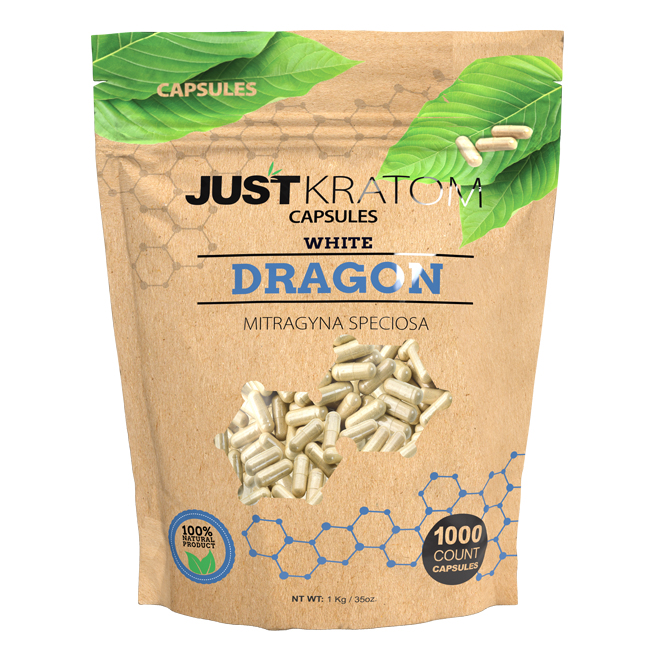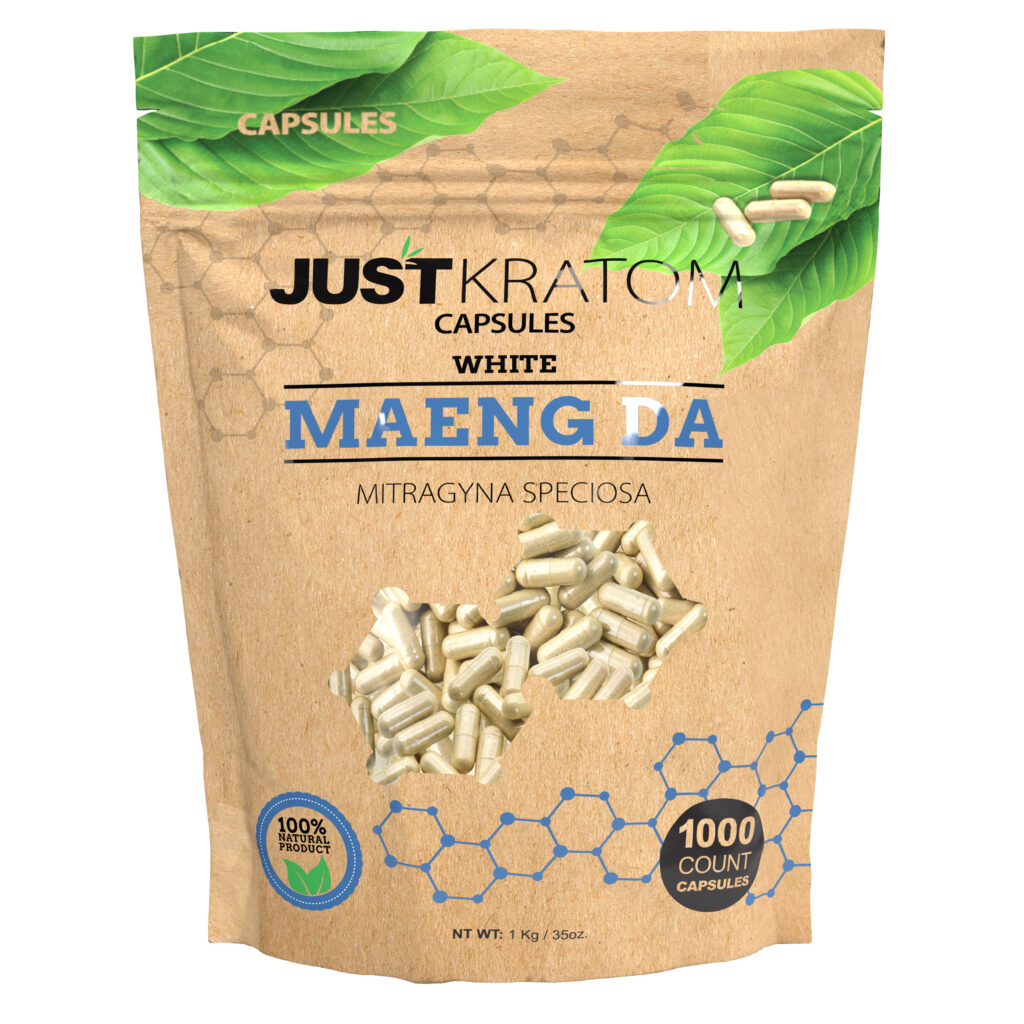Potential Benefits of Kratom for Depression
For individuals struggling with depression, exploring alternative treatment options can be both hopeful and necessary. Kratom, a tropical plant containing compounds with potential mood-altering effects, has garnered attention as a possible remedy. Some users report experiencing relief from depressive symptoms such as fatigue, anxiety, and low motivation after consuming kratom. While scientific research on kratom’s efficacy for depression is still limited, its anecdotal popularity suggests it might be worth further investigation as a potential therapeutic avenue.

Mechanism of Action
Kratom’s potential benefits for depression are thought to stem from its interaction with the opioid receptors in the brain. Kratom contains compounds called mitragynine and 7-hydroxymitragynine, which bind to these receptors, leading to a range of effects including pain relief, mood elevation, and reduced anxiety. These compounds may mimic the actions of endorphins, the body’s natural painkillers and mood boosters.
Although further research is needed to confirm its effectiveness and safety, kratom’s potential to modulate neurotransmitter activity in regions associated with mood regulation makes it a subject of ongoing interest for researchers exploring new treatments for depression.
Anecdotal Evidence
While scientific research on kratom’s effectiveness for treating depression is still limited, anecdotal evidence from users suggests it may offer some benefits.
People who report using kratom for depression often describe experiencing relief from symptoms such as:
- Fatigue
- Anxiety
- Low motivation
Research Studies
While scientific research on kratom’s effectiveness for treating depression is still limited, anecdotal evidence from users suggests it may offer some benefits.
People who report using kratom for depression often describe experiencing relief from symptoms such as:
- Fatigue
- Anxiety
- Low motivation
There have been a few small studies exploring kratom’s potential impact on depression, but more robust research is needed to draw definitive conclusions about its efficacy and safety.
- One small study published in the Journal of Addiction Medicine found that kratom users reported significant reductions in depressive symptoms compared to non-users.
- Another study, published in the journal Psychopharmacology, suggested that kratom may have antidepressant effects by influencing the activity of neurotransmitters like serotonin and dopamine.
It’s important to note that these studies are preliminary and further research is necessary to confirm these findings and understand the long-term effects of kratom use for depression.
Risks and Side Effects of Kratom Use
Despite its growing popularity as a potential treatment for depression, kratom use comes with inherent risks and side effects. These can range from mild discomforts like nausea and dizziness to more serious concerns such as addiction, liver damage, and withdrawal symptoms. Kratom’s interaction with opioid receptors in the brain can lead to dependence and tolerance, making it crucial to approach its use with caution and under the guidance of a healthcare professional.
Addiction Potential
Kratom contains compounds that can interact with opioid receptors in the brain, leading to a potential for addiction. Regular use can result in tolerance, meaning higher doses are needed to achieve the desired effects. This can lead to a cycle of increasing kratom consumption and a dependence on the substance to manage mood and energy levels.
Withdrawal symptoms from kratom can be uncomfortable and include fatigue, muscle aches, irritability, anxiety, and gastrointestinal issues. These symptoms typically appear when kratom use is abruptly discontinued, highlighting the addictive nature of the substance.
Due to its opioid-like effects, kratom misuse can lead to serious health complications. Long-term use has been linked to liver damage, potentially leading to cirrhosis. Kratom can also interact with other medications, including antidepressants and pain relievers, increasing the risk of adverse reactions.
Withdrawal Symptoms
Despite its growing popularity as a potential treatment for depression, kratom use comes with inherent risks and side effects. These can range from mild discomforts like nausea and dizziness to more serious concerns such as addiction, liver damage, and withdrawal symptoms. Kratom’s interaction with opioid receptors in the brain can lead to dependence and tolerance, making it crucial to approach its use with caution and under the guidance of a healthcare professional.
Kratom contains compounds that can interact with opioid receptors in the brain, leading to a potential for addiction. Regular use can result in tolerance, meaning higher doses are needed to achieve the desired effects. This can lead to a cycle of increasing kratom consumption and a dependence on the substance to manage mood and energy levels.
Withdrawal symptoms from kratom can be uncomfortable and include fatigue, muscle aches, irritability, anxiety, and gastrointestinal issues. These symptoms typically appear when kratom use is abruptly discontinued, highlighting the addictive nature of the substance.
- Fatigue
- Muscle aches
- Irritability
- Anxiety
- Gastrointestinal issues
Due to its opioid-like effects, kratom misuse can lead to serious health complications. Long-term use has been linked to liver damage, potentially leading to cirrhosis. Kratom can also interact with other medications, including antidepressants and pain relievers, increasing the risk of adverse reactions.
Interactions with Medications
Kratom’s potential for interaction with medications is a significant concern. It contains compounds that can bind to opioid receptors in the brain, similar to how opioid medications work. This means kratom can potentially amplify the effects of other opioids, leading to dangerous side effects like overdose.
Furthermore, kratom may interact with antidepressants, anti-anxiety medications, and pain relievers, potentially altering their effectiveness or increasing the risk of adverse reactions. It’s crucial for individuals considering kratom use to disclose their full medication list to a healthcare professional to assess potential risks and interactions.
Individuals taking blood thinners, medications for high blood pressure, or those with liver conditions should be especially cautious about kratom use, as it may exacerbate these health concerns.

Regulatory Status and Availability
Kratom is a plant native to Southeast Asia that has gained attention for its potential therapeutic effects. It contains compounds that interact with opioid receptors in the brain, leading to various reported benefits including pain relief and mood elevation. While kratom shows promise as a potential treatment for depression, its legal status and availability vary widely depending on location.
Legalization in Different Countries
Kratom’s legal status is complex and varies significantly across different countries.
In some countries, kratom is completely banned due to concerns about its addictive potential and potential for misuse. Other countries have imposed restrictions on the sale, possession, or use of kratom. Some countries allow kratom with certain regulations or limitations, often requiring registration or licensing for retailers.
The United States currently lacks a federal law explicitly banning kratom, but it is classified as a substance of concern by the Drug Enforcement Administration (DEA). Several states have enacted their own laws restricting or banning kratom.
Quality Control Concerns
Kratom’s legal status is complex and varies significantly across different countries.
In some countries, kratom is completely banned due to concerns about its addictive potential and potential for misuse. Other countries have imposed restrictions on the sale, possession, or use of kratom. Some countries allow kratom with certain regulations or limitations, often requiring registration or licensing for retailers.
The United States currently lacks a federal law explicitly banning kratom, but it is classified as a substance of concern by the Drug Enforcement Administration (DEA). Several states have enacted their own laws restricting or banning kratom.
Given the inconsistencies in kratom’s legal status worldwide, obtaining it from reliable sources and ensuring its quality can be challenging.
Concerns regarding the quality control of kratom products exist due to a lack of standardized manufacturing practices and regulatory oversight in many regions where it is sold.
Variations in growing conditions, processing methods, and storage can lead to inconsistencies in potency and potential contaminants within kratom products.
Conclusion
In conclusion, while anecdotal evidence suggests that kratom may offer some relief from depressive symptoms, further research is crucial to understand its efficacy and safety. The potential benefits of kratom for depression stem from its interaction with opioid receptors, but its addictive nature and potential for serious side effects necessitate cautious use under the guidance of a healthcare professional.
The legal status of kratom varies globally, making access and quality control a concern. Future research should prioritize investigating kratom’s long-term effects on mental health, exploring potential therapeutic applications while addressing its risks and challenges.
Order fast-acting Kratom capsules
- Cosmelan Depigmentation Peel Near Chaldon, Surrey - May 6, 2025
- Anti-Wrinkle Treatments Near Compton, Surrey - May 6, 2025
- How To Plan A THC-Infused Dinner Party With Drinks - May 5, 2025
